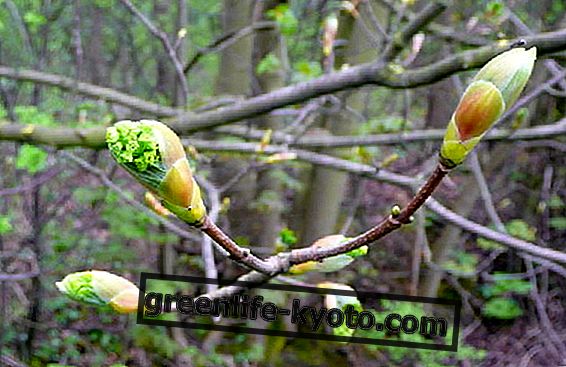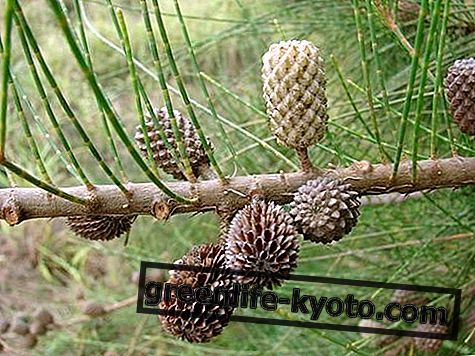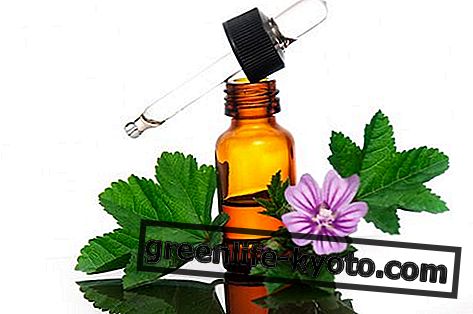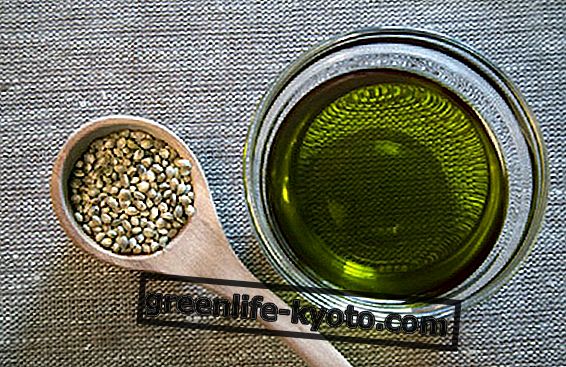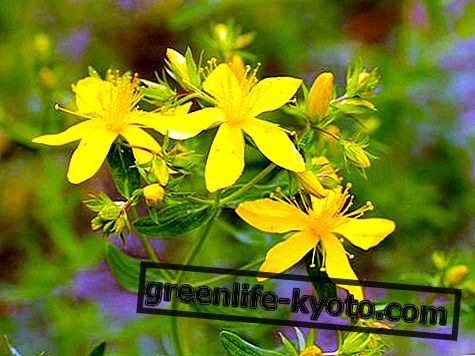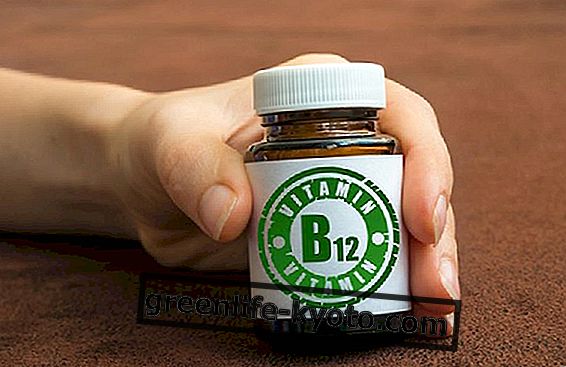
Blackcurrant is a remedy that we all know and especially those who have chosen it to suspend the use of cortisone for some periods, since it is considered a cortisone-like with strong anti-inflammatory and antihistamine properties.
Blackcurrant berries in particular are an interesting antioxidant, they contain vitamin C in a very stable formula, but also polyphenols, carotenoids, vitamin E, omega 3 and omega 6 extracted from its seeds, and anthocyanins, typical of purplish fruit.
Blackcurrant in herbal medicine
In herbal medicine, blackcurrant buds and leaves are used more for their antihistamine, anti-inflammatory and diuretic properties, in formulations such as dyeing and gemmoderivato.
We find blackcurrant berries as an infusion or dry extract and are instead an excellent antioxidant carrier. In fact, their consumption improves microcirculation, ideal for problems of couperose, visual deficits, capillary fragility, prevents diseases of a neurovegetative and cardiovascular nature ; acts like the blueberry, thanks to anthocyanosides.
Go ahead then to infusions of black currant with berries and leaves to introduce vitamin C, which stimulates our immune system, promoting the release of collagen for the health of our skin but also of the joints.
It brings trace elements like manganese, essential for the energy and antioxidant defenses of cells.
It contains important minerals such as magnesium which among the many virtues regulate the metabolism and help to rest well. Supplements Vitamin E to deeply hydrate our skin and prevent aging.
Contraindications of Black Currant
> If diuretics are used, taking blackcurrants may excessively affect the effectiveness of the drug.
> Black currant also acts on blood coagulation, slowing it down: it is therefore recommended not to use it if you are already taking an anticoagulant therapy.
> Due to the precautionary principle, it is not recommended for use during pregnancy and lactation.
